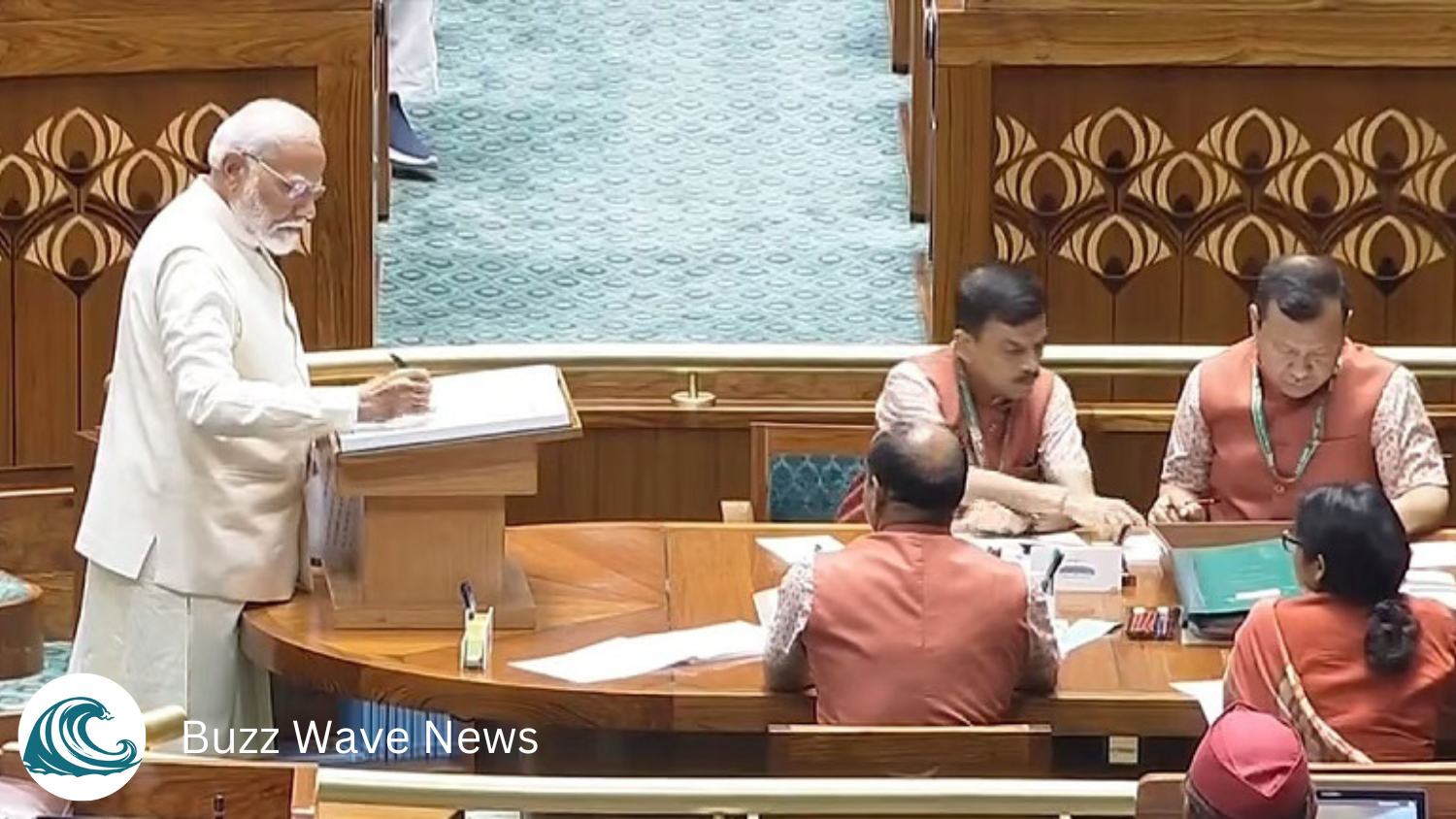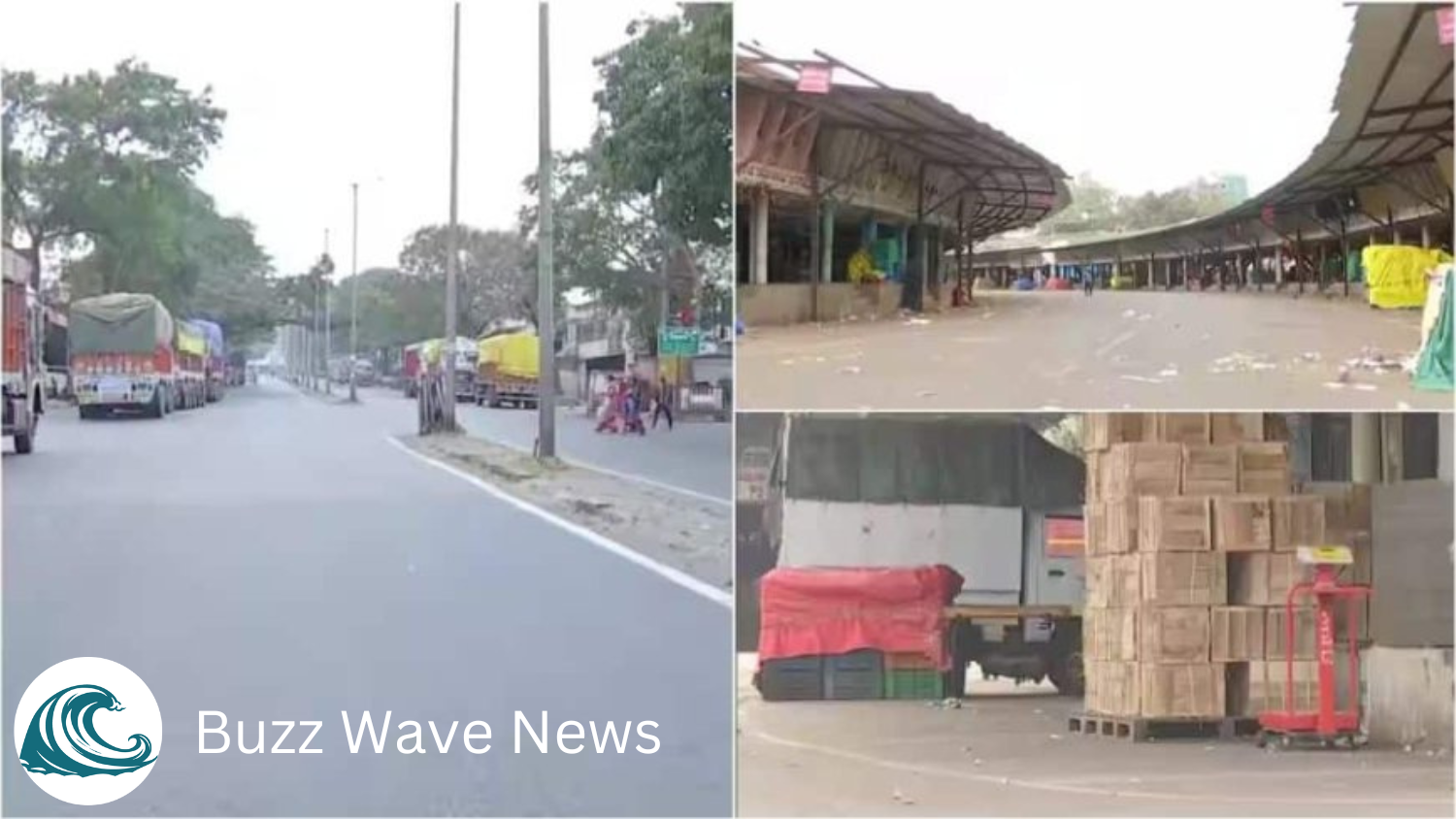The Lok Sabha session on Tuesday saw a significant confrontation between the treasury and opposition benches, sparked by BJP leader and former Union minister Anurag Thakur’s remarks targeting Rahul Gandhi, the leader of the opposition, over the issue of caste census. The incident highlighted the deep political divisions and the contentious nature of caste-based politics in India.
The Incident
During the Lok Sabha session, Anurag Thakur launched an attack on Rahul Gandhi, focusing on the latter’s emphasis on the caste census, which has become a central theme in his political speeches. Thakur’s comments included a specific remark that was deemed inappropriate and subsequently expunged from the records by the Speaker. Thakur said, “OBC ki baat, janganana ki baat bahut ki jati hai. Jiske …. , vo ganana ki baat karte hai,” directly addressing Rahul Gandhi and questioning his stance on the caste census.
Caste Census: A Controversial Issue
The caste census has been a polarizing issue in Indian politics. Advocates argue that it is essential for understanding and addressing the socio-economic disparities faced by various caste groups, particularly the Other Backward Classes (OBCs). Critics, however, contend that it could exacerbate caste divisions and lead to social unrest. Rahul Gandhi and his party have been vocal proponents of conducting a caste census, asserting that it is crucial for ensuring equitable distribution of resources and opportunities.
Anurag Thakur’s Critique
Anurag Thakur’s critique of Rahul Gandhi revolved around questioning the sincerity and motivations behind the push for a caste census. By suggesting that those who have “…” are the ones advocating for a caste count, Thakur implied hypocrisy and opportunism. This remark was seen as a personal attack and was met with immediate backlash from the opposition benches.
Reaction from the Opposition
The opposition, particularly members of the Congress party, reacted strongly to Thakur’s comments. They accused him of making derogatory and baseless remarks against their leader and demanded an apology. The opposition argued that such statements undermine the seriousness of the caste census debate and divert attention from the substantive issues at hand.
The Speaker’s Intervention
Recognizing the inflammatory nature of Thakur’s remark, the Speaker of the Lok Sabha intervened and ordered the expunging of the comment from the official records. The Speaker’s decision was aimed at maintaining decorum in the house and preventing further escalation of tensions. However, the incident had already sparked a heated debate and highlighted the fragile nature of parliamentary proceedings.
Political Implications
The clash in the Lok Sabha underscores the broader political battle over caste-based policies in India. The BJP and Congress have often been at odds over how to address issues of social justice and representation. The BJP has traditionally focused on broader nationalistic themes and economic development, while the Congress has positioned itself as a champion of minority and marginalized groups, advocating for affirmative action and social justice measures.
The Role of the Caste Census
The caste census, which aims to collect data on the caste composition of India’s population, is seen by its proponents as a critical tool for formulating inclusive policies. It is argued that accurate data on caste demographics is necessary to ensure that government programs and resources are effectively targeted. However, opponents fear that it could reinforce caste identities and lead to increased caste-based politics.
Rahul Gandhi’s Stand
Rahul Gandhi has been a vocal advocate for the caste census, arguing that it is essential for understanding the true extent of social inequality in India. He contends that without accurate data, it is impossible to design effective policies to uplift marginalized communities. His emphasis on the caste census is part of a broader strategy to position the Congress party as a defender of social justice and equality.
BJP’s Position
The BJP, while not outright rejecting the caste census, has been more cautious in its approach. The party has expressed concerns about the potential for the caste census to deepen social divisions and has emphasized the need for a balanced approach that promotes unity and development. Thakur’s remarks can be seen as part of a broader strategy to question the motives of the Congress and its leadership.
Broader Context
The debate over the caste census is reflective of the broader challenges facing Indian democracy. Issues of social justice, representation, and equity are deeply intertwined with India’s complex caste system. Political parties must navigate these issues carefully, balancing the need for social inclusion with the goal of maintaining social harmony.
The Way Forward
As the debate over the caste census continues, it is crucial for political leaders to engage in constructive dialogue and focus on the substantive issues. Personal attacks and inflammatory remarks only serve to distract from the important task of addressing social inequality. The Speaker’s intervention in expunging Thakur’s remark is a step towards maintaining the dignity of parliamentary proceedings, but more needs to be done to ensure that debates are conducted with respect and seriousness.
Conclusion
The face-off in the Lok Sabha on Tuesday over Anurag Thakur’s remarks targeting Rahul Gandhi highlights the contentious nature of the caste census issue in Indian politics. The incident underscores the deep political divisions and the need for a more nuanced and respectful debate on issues of social justice and representation. As India continues to grapple with its complex social fabric, it is essential for political leaders to prioritize constructive dialogue and work towards inclusive and equitable policies.















